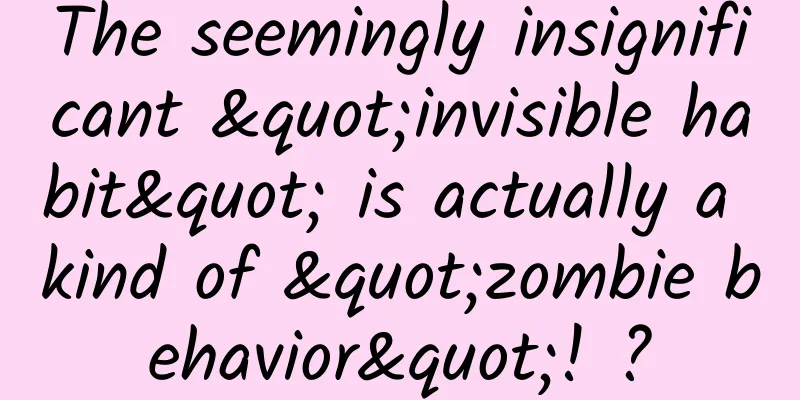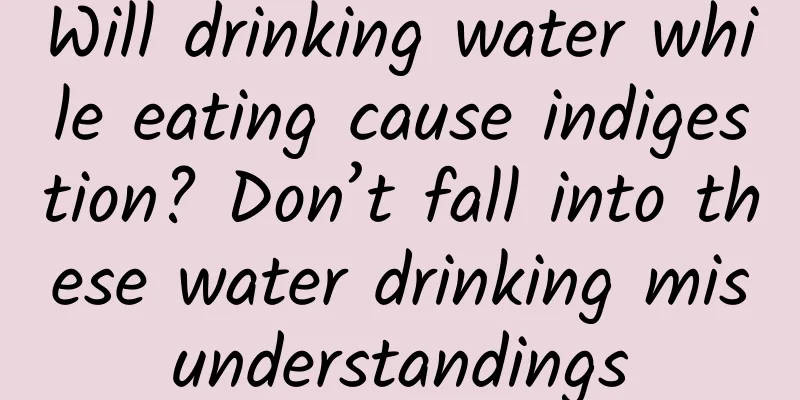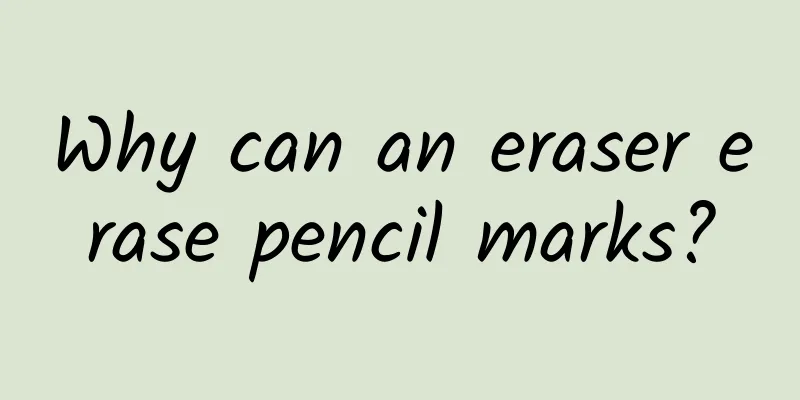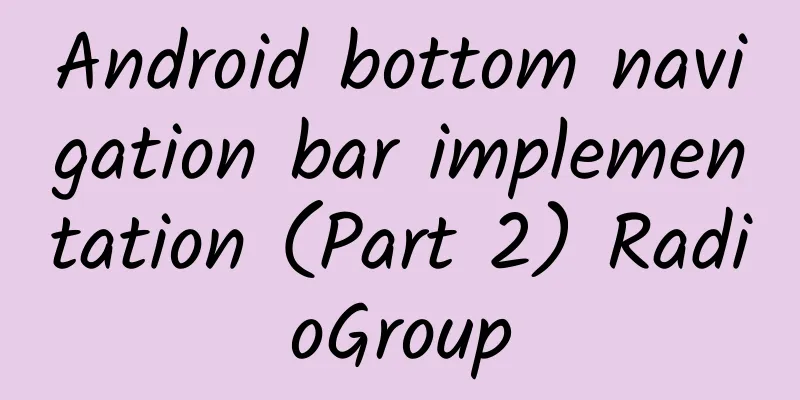The seemingly insignificant "invisible habit" is actually a kind of "zombie behavior"! ?

|
Leviathan Press: Getting up early and drinking a cup of coffee - it's hard to say whether this is a habit or a physiological dependence on caffeine. But in any case, this action (making coffee) will solidify and become a "zombie behavior" - a daily behavior that your brain no longer needs to process. There are many similar zombie behaviors. Some people say that habits are for some kind of enjoyment, which is both right and wrong. Smoking may indeed be enjoyable for smokers, but they are also well aware of the long-term harm of smoking. Even so, they still smoke - just like the spoiled popcorn in the article, when you reach for it, your brain is hijacked. You probably remember when you last showered, but if I asked you to go through your daily habits, you'd probably find some blank spots. Like, which hand do you hold your shampoo bottle with? Which underarm do you wash first? Taking a shower, brushing your teeth, driving to work, making coffee—these are all core habits. As early as 1890, psychologist William James observed[1] that living things are nothing more than “assemblies of habits.” In James’s worldview, habits are pacts with the devil. They make life easier by automating actions we perform regularly (e.g., I’d rather pay attention to the news that morning than figure out how to brew my daily cup of tea). However, once a behavior becomes habitual, you may forget what prompted you to do it, or even whether you actually enjoy it (perhaps tea tastes better if you steep it longer). At the beginning of the new year, countless people vow to break bad habits and develop new good habits. However, the science of habits reveals that habits are not governed by our desires. “We like to think we do things for a reason, that everything is driven by a purpose,” says Wendy Wood, provost emeritus at the University of Southern California, who studies habits. But goals seem like our primary motivator only because we are more aware of them than we are of the powerful force of habits. In fact, becoming aware of those hidden habits can increase your likelihood of successfully forming new habits or breaking harmful ones this New Year, allowing your life to be driven more by the things you enjoy and less by habit. Although James described habits more than 100 years ago, his insights into them were ahead of their time. Habitual behavior, he wrote, “happens naturally.” Indeed, modern researchers have found[2] that habits are almost automatic “situation-response associations”[3] that form when people repeat an action prompted by a trigger in their environment. © Gifer When you do something a certain number of times, if you encounter the same trigger and environment again, you will do it without thinking. "This doesn't mean that people don't remember what they did at all," said David Neal, a psychologist who specializes in behavior change. "It just means that your conscious mind is not involved in the initiation or execution of the behavior." Our conscious goals can be the spark that drives habit formation by motivating us to repeat a behavior. “The people who are best at goal achievement are the ones who consciously develop habits to automate some of their behaviors,” says Benjamin Gardner, a psychologist at the University of Surrey who studies habitual behavior. He recently developed a habit of flossing, which he does every day in the same environment (the bathroom) and following the same contextual cue (brushing his teeth). “Sometimes I’ll think, did I floss yesterday? And I’m absolutely sure I did because it’s become part of my routine.” But even intentional habits are worth reevaluating from time to time, because once habits become entrenched, they become detached from the goals that inspired them. If our goals change, situational cues can still trigger habitual behaviors. A 1998 meta-analysis found[4] that intentions only predicted behaviors that occurred occasionally, such as getting a flu shot, but not those that were frequently repeated, such as wearing a seat belt. In a 2012 study[5], students who frequently went to stadiums raised their voices when they saw images of stadiums, even if they had no intention of doing so. Scientists have also found that habitual and goal-directed behaviors involve different pathways in the brain[6]. As a behavior becomes habitual, it becomes more automatic and more dependent on sensory motor systems. When scientists damaged parts of animals’ brains associated with goal-directed behavior, the animals began to behave more habitually (although there is some debate over whether human behavior can truly be independent of goals).[7] © Tenor Still, people often explain their habitual behaviors in terms of goals and desires. A 2011 study[8] found that people who said they ate when they were upset did not actually snack because of negative emotions; their eating behavior was better explained by habit. In a 2022 study[9], Wood and colleagues asked people why they drank coffee. Participants said they drank coffee when they were tired, but when they actually recorded their coffee consumption, they found that coffee drinking was only weakly associated with fatigue. "It's not that they were craving coffee," Wood said, "it's just that that's the time of day that they usually drink it." © Rookie Chef Habits also maintain their independence by being less sensitive to rewards. If you don’t like something the first time you try it, you’re likely not to repeat the experience. But habits can persist even when the results are no longer pleasurable. In a study conducted by Wood, Neal, and other colleagues, people who habitually ate popcorn at the movies ate more spoiled popcorn than those who didn’t have the habit.[10] The habitual popcorn eaters later said they could tell that the popcorn had gone bad, but they continued to eat it anyway. “It’s not that they’re completely unaware that they don’t like it,” Wood says. “The behavior continues to be triggered by the situation they’re in.” Eating some stale popcorn isn’t so bad, but imagine if more complex habitual behaviors — such as those related to work-life balance, relationships, or technology — persisted after their “expiration date.” Awareness and attention are powerful weapons against invisible habits. In a recent study[11], Gardner asked people who slept less than six hours a night to describe their bedtime habits in detail. Doing so revealed harmful bedtime habits that they had not previously been aware of. James Clear, author of Atomic Habits, similarly recommends creating a “habit score sheet” that lists all of your daily habits and rates their positive, negative, or neutral impact on your life[12]. Neutral habits, like the time you spend doing yoga, can be the hardest to assess. If they’re just quietly making your life easier, it can seem pointless to identify them. But since habits don’t always take into account your latest intentions, it’s worth keeping an eye on them to make sure they don’t start working against you. Like it or not, we’re bound to habits. But understanding how habits work—and simply realizing how oblivious we can be to them—can help you live a life with as little stale popcorn as possible. References: [1]www.public-library.uk/ebooks/50/61.pdf [2]pmc.ncbi.nlm.nih.gov/articles/PMC3505409/ [3]journals.sagepub.com/doi/abs/10.1177/09637214241246480?journalCode=cdpa [4]psycnet.apa.org/buy/1998-04232-003 [5]www.sciencedirect.com/science/article/abs/pii/S002210311100254X [6]pmc.ncbi.nlm.nih.gov/articles/PMC6701929/ [7]dornsife.usc.edu/wendy-wood/wp-content/uploads/sites/183/2023/10/Wood.Mazar_.Neal_.2021.pdf [8]pubmed.ncbi.nlm.nih.gov/20204980/ [9]journals.sagepub.com/doi/abs/10.1177/09567976211045345 [10]journals.sagepub.com/doi/abs/10.1177/0146167211419863 [11]www.tandfonline.com/doi/full/10.1080/21642850.2022.2162904 [12]jamesclear.com/habits-scorecard By Shayla Love Translated by gross Proofreading/tim Original article/www.theatlantic.com/health/archive/2025/01/habit-goal-psychology-resolution/681196/ This article is based on the Creative Commons License (BY-NC) and is published by gross on Leviathan The article only reflects the author's views and does not necessarily represent the position of Leviathan |
<<: Did you know? Octopuses have begun to openly become "capitalists"
>>: What are the people who are selling skewers selling?
Recommend
Why do whales get stranded? What does stranded mean?
On the morning of April 19, a whale ran aground i...
CCTV reveals new "fast, accurate and ruthless" artillery shells, no flash of fire and no roar
Recently, CCTV's "Military Zero Distance...
iOS 16.4 quasi-official version released, new features and changes
Early this morning, Apple pushed the iOS 16.4 RC ...
Share this! Don’t go! Don’t go!
"High-salary overseas job openings" and...
Those weird bugs
We can't say that all bugs are paper tigers, ...
What is the customized development process of WeChat mini program in Guangzhou?
As WeChat’s functions improve, more and more peop...
9 secrets of Google Chromebooks
Generally, laptops equipped with Google's own ...
Big Data Has a Big Potential - Article
On March 28, Southern Metropolis Daily Entertainm...
Freezing means eternal life? After this deadline, please "throw away" frozen meat!
Review expert: Peng Guoqiu, deputy chief physicia...
Xichengyun "Pinduoduo Hot-selling Practical Training Camp"
Course Catalog ├──00. Pinduoduo's hot-selling...
@Zhang Heng: What were you thinking when the earthquake happened?
Excerpted from: "Inside and Outside the Clas...
Thailand passes bill to legalize same-sex marriage (full text)
Thailand's cabinet approves bill to legalize ...
Talk about the hidden rules of App operation
First, let’s deconstruct the position of App Oper...
How many fan promotion techniques do you know?
Many businesses feel confused about Weibo promoti...









